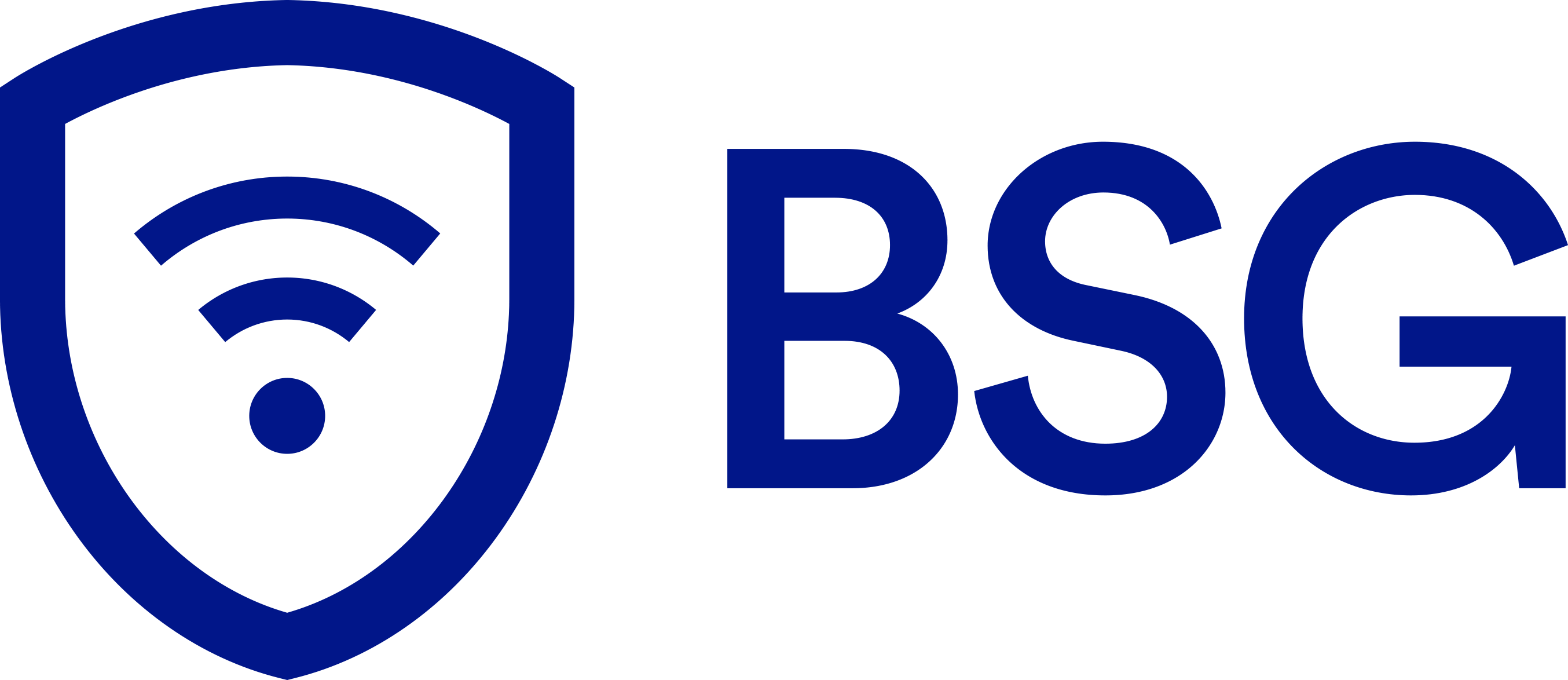Secure Your Doctor’s Office
Burglars don’t discriminate. If an organization has something they consider valuable, they’ll find a way to get it. From doctor and dental offices to animal clinics, reports of thieves breaking into practitioner’s offices are much too common.
Just this past year, burglars broke into a San Antonio dental office and stole two checks along with nine bottles of prescription medication. In a separate case a month later, police arrested two people for burglarizing a Pennsylvania veterinary clinic.
To prevent these dangerous mishaps, doctors offices must have security measures in place. Patients, medication, medical records and medical equipment are all at risk when your practice lacks proper security.
Below are four security solutions you can use to protect your doctor’s office.
Increase Visibility With Video Surveillance
Video surveillance is one of the most effective ways to secure your doctor’s office. Not only does it help monitor your practice even when you’re away, it provides the evidence needed to catch criminals. In fact, in the veterinary clinic burglary case mentioned previously, police used video surveillance footage to link the suspect to the crime.
With a video surveillance system, practitioners can:
- View live video or recorded clips of point-of-sale (POS) terminals, confidential data areas and medication and medical device storage rooms.
- Use computers or smartphones to remotely control security cameras.
- Enable motion-triggered settings to receive email or text message alerts when video is recorded.
- Access archived recordings on a secure site to prevent tampering or accidentally deleting clips.
Camera placement is dependent on your practice. Prior to installing cameras, consider privacy precautions. Avoid camera installation in exam rooms, bathrooms, emergency rooms or directly facing computer screens.

Install a Monitored Alarm System
Burglary and fire are two of the main threats that can harm your practice. That’s why having a monitored alarm system is crucial.
In the event of a break-in or a fire, a monitored alarm system triggers audible and visual alarms. Unlike traditional alarm systems, monitored alarms send an emergency signal to a monitoring center so operators can notify you and dispatch authorities.
Secure Assets With Access Control
Integrating access control technology into your security solution helps you protect your practice’s most valuable assets. Whether it’s medication, expensive medical devices, patient records or operating rooms, access control prevents unauthorized individuals from entering restricted areas.
With access control, doctors can restrict areas of the practice with customized credentials, including:
- Biometric readers.
- Intercom systems.
- Key access cards.
- Photo identification.
- Swipe readers.
In addition to limiting access to highly restricted areas, access control technology provides users with a unique credential. Every time an employee uses their credentials, data is entered into a log you can reference to narrow down a suspect.
Implement Safe Cyber Security Practices
Doctors offices must comply with regulations under the Health Insurance Portability and Accountability Act (HIPAA). As apart of HIPAA, doctors, dentists or any other medical providers must ensure protected health information (PHI) is secure and private. This means computers and devices hosting this information must be properly protected.
Consider these cyber security practices when protecting critical files, records and data:
- Require all computer or device users to have their own unique credentials. This provides enhanced visibility into who is logging into your systems and limits access to specific individuals.
- Back up files electronically. Store sensitive information in a secondary location, such as cloud-based systems or an offline computer, in the event your primary system fails or malfunctions.
- Install firewalls and anti-virus software. Work with your IT team to protect your network from hackers.
These solutions protect patients and employees, as well as safeguard expensive equipment, medication and patient files. Visit our business security Facebook page for more business security and network solution trends, products and insights.
